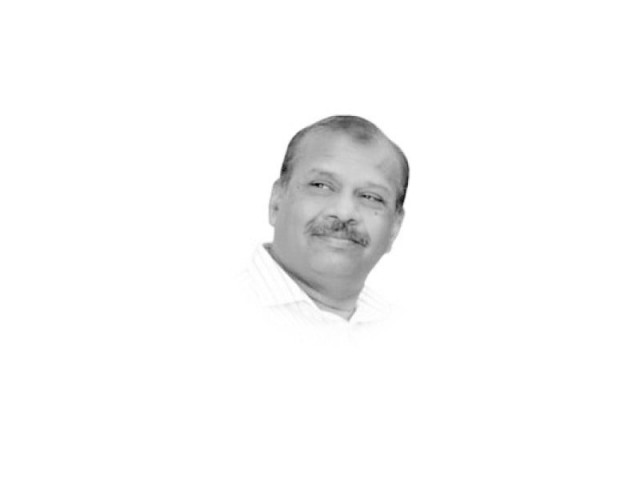From trash to treasure
Renova Group processed over 1.1 million tonnes of waste

Having spent a significant part of my academic journey in Sweden, engaged in research in materials science with a growing interest in renewable energy applications, I often find myself reflecting on the stark contrasts between that experience and the current realities in Pakistan. One example that continues to resonate with me is Renova — a publicly owned waste and energy company serving ten municipalities in western Sweden. At first glance, Renova may appear to be just another municipal service provider. In reality, it stands as a remarkable example of how integrated public responsibility and long-term planning can transform waste into a regional asset - not merely disposed of, but reused, recycled and repurposed as a driver of sustainable development.
In 2024, the Renova Group processed over 1.1 million tonnes of waste, converting it into 1.56 million megawatt-hours of district heating and over 292,000 megawatt-hours of electricity. These numbers are more than statistics; they reflect a deeper societal philosophy that waste is not a problem to be buried, but a resource to be harnessed. This is the kind of thinking Pakistan must adopt if we are to move toward genuine environmental and economic resilience.
As a faculty member in a public-sector university in Pakistan, I witness both promise and paralysis. On one hand, our youth are brimming with talent, energy and ideas. On the other, our institutional structures from local governments to research centres remain disconnected and sluggish. Our universities often produce theoretical knowledge that never reaches the streets, markets or policymaking corridors. Waste management, unfortunately, continues to be treated merely as a municipal hygiene issue, rather than a multidisciplinary challenge with the potential to solve energy shortages, reduce environmental degradation and create green jobs.
What sets Sweden apart is not just resources, but systems thinking. Renova thrives because it operates at the intersection of science, policy, education and public engagement. It collaborates openly with universities, welcomes innovation from the private sector and maintains accountability to the public it serves. Waste-to-energy is not seen as a side project but central to how communities heat their homes, how industries manage byproducts, and how students connect science with social change.
In contrast, Pakistan's cities are choked with unmanaged waste, yet our power grids falter, and our students in materials and environmental sciences are left wondering where they will apply their knowledge. Our policies tend to exist on paper, disconnected from the people and places they are meant to impact. We are surrounded by opportunity in the form of organic waste, industrial byproducts and agricultural residues, but we lack the institutional coordination and political will to turn these into value.
Encouragingly, we do see small sparks of innovation: university-led composting projects, community biogas units in rural areas and pilot recycling initiatives in urban pockets. However, these remain isolated. What is missing is a national framework that connects academia, local government and civil society in a shared mission of circular sustainability. We need to scale up these efforts, replicate what works and make universities central to public problem-solving, not peripheral.
As someone grounded in materials science, I've learned that very little is inherently useless. It is often our systems, not our substances that are broken. Waste only becomes waste when we fail to see its potential.
It's time to reimagine our overflowing bins not as endpoints, but as entry points into a smarter, greener and more collaborative future. This future will not be built by infrastructure alone, but will require education, innovation and partnerships that connect the lab bench to the landfill, and the classroom to the community.
Only then can we begin to transform our national challenge of waste into a national opportunity i.e. from trash to treasure.














COMMENTS (1)
Comments are moderated and generally will be posted if they are on-topic and not abusive.
For more information, please see our Comments FAQ